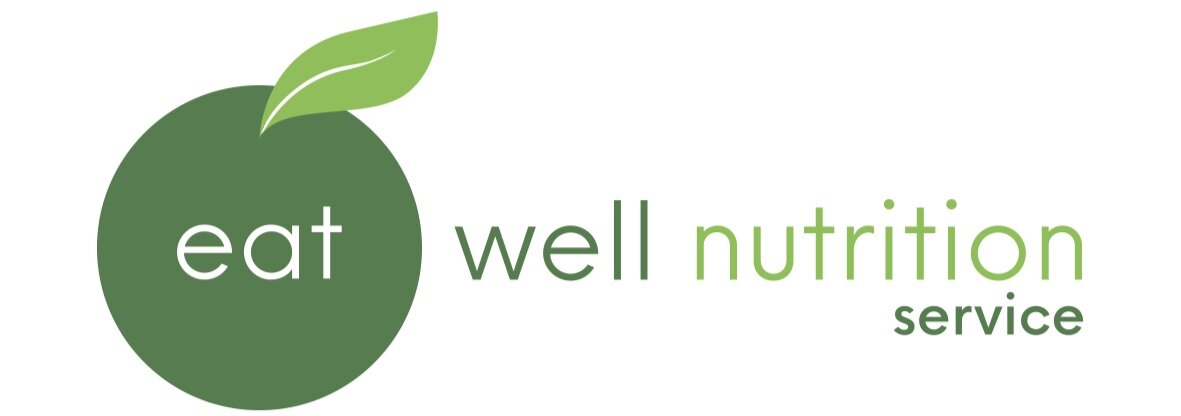Food First Interventions
Food first interventions are strategies that utilise real food and fluid to assist in the management of weight loss and malnutrition in aged care. These interventions are particularly effective for residents who are losing weight, malnourished, have a low body weight, or a small appetite. In comparison to commercial oral nutritional supplements, food first interventions tend to be more enjoyable for residents, due to the increased variety and flavour, and also usually lead to improved oral intake.
Food fortification is a food first intervention that involves increasing the nutritional quality of food and fluids, without increasing the volume. This intervention is beneficial for residents with small appetites, who have difficulty managing large portions of food or fluid. Food fortification is achieved by adding high energy high protein (HEHP) ingredients to standard meals and mid meals, such as butter, cream, milk powder or cheese. Practical examples of food fortification include adding milk powder to porridge, extra grated cheese to pasta bakes, lentils to soups and casserole dishes, and melting extra butter onto steamed vegetables. Food fortification not only increases the protein and calorie content of standard meals, but also assists in improving flavour and meal satisfaction for residents.
Providing residents with nourishing fluids is another simple and cost effective food first strategy to boost protein and calorie intake. Fortified milk can be prepared by whisking full cream or skim milk powder into full cream milk, which can then be used for beverages such as tea, coffee and Milo, and also in cooking in place of regular milk. HEHP milkshakes are an excellent alternative to oral nutritional supplements, made with full cream milk, milk powder, ice cream and flavouring (fresh fruit, topping, Milo or coffee). These nourishing drinks can be provided instead of tea and coffee at mid meals as an effective way of increasing protein and calorie intake.
If a resident is losing weight or has a low body weight despite a good oral intake, increasing the quantity of food the resident receives can assist in promoting weight gain. Increasing meal portion sizes or offering extra helpings of dessert with main meals will increase the resident’s calorie intake. It is also vital to ensure that the portion sizes provided to residents are adequate. Meal portion audits can be conducted by your Accredited Practising Dietitian (APD) from the Eat Well Nutrition Team, who can also assess the temperature and flavour of meals. The provision of high quality, tasty meals will assist in increasing oral intake and reducing rates of weight loss.
Offering nutritious mid meal snacks three times a day is another food first intervention will assist in increasing protein and calorie intake, particularly for residents who are more suited to consuming small regular meals and mid meals. Nourishing mid meal snacks may include cheese and biscuits, homemade baked goods served with extra butter or cream, or tubs of yoghurt. It is also important to consider appropriate mid meal snacks for residents who require a texture modified diet, as these residents are often at a higher risk of weight loss and malnutrition.
In addition to the provision of high quality meals, it is important to work with catering and care staff to ensure that residents are receiving assistance, encouragement and prompting throughout mealtimes. Adequate staffing during mealtimes to provide this assistance, along with an enjoyable dining experience, is vital.
There are a number of food first interventions that can be easily implemented in aged care to assist with promoting weight gain and enhancing the nutritional status and quality of life of residents. Your APD from the Eat Well Nutrition team is available to provide education regarding food first interventions to both care and catering staff and also to assist with audits and projects to improve the quality of the meals provided at your facility.
